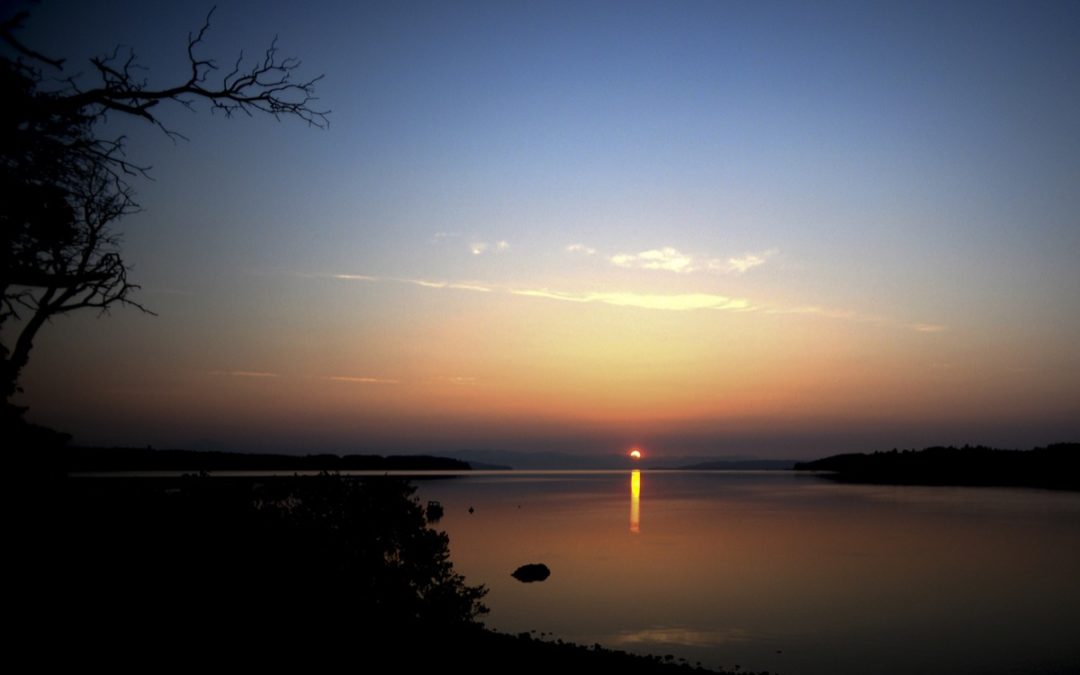
by Scott Chamberlin | Nov 30, 2020 | Mitigadaptation
All the days after Thanksgiving have become sanctified shopping days: “Black Friday,” followed by “Small-Business Saturday,” followed by a quiet holy day to get rested and prepared for “Cyber Monday,” which is the day you’re supposed to continue shopping while on the clock at your job. “Giving Tuesday” stands at the end of the line, ringing a bell and giving you the guilty side eye after all this shopobacchanalia.
It’s easy enough to sigh in anguish, Charlie-Brown-like, about the consumerist spectacle, but a little empathy may be in order too. After all, for a stressed-out, disconnected, compromised human organism, shopping is an easy, dopamine-triggering pleasure. Through the 20th century, it became the way comfortable modern people in comfortable modern societies expressed their comfortable modernity… and it was how we children and grandchildren of that century grew up.
The 21st century added to the recipe plentiful plastics, round-the-clock R&D, disposable LEDs, 24/7 marketing, microchips as cheap as potato chips, and a competitive international labor market. So today, we consume all products as consumables. We consume everything as if it’s disposable. ….

by Scott Chamberlin | Nov 13, 2020 | Mitigadaptation
It’s November 2020, and we know we have one decade to stave off the worst impacts of climate change. We can achieve this, but the sheer scale of the problem means it’s all hands on deck.
The question for each of us is — leaving aside reducing our own impact — what can people actually do if they don’t have a Ph.D., an endowment, or an audience of millions to influence?
These days on Zoom, one answer you hear a lot is “organize, organize, organize.” But what does THAT mean? For many of us, organizing means finding an existing organization, cause, or group that really speaks to us …

by Scott Chamberlin | Nov 4, 2020 | Mitigadaptation
For the climate, last night’s unresolved elections in the United States couldn’t have higher stakes: this January, one of the world’s biggest energy and environmental policy stakeholders will either be demonstrably hostile to science and climate action, or committed to spending $trillion$ to guide climate adaption and mitigation.
But last night, I was reassured to also know that in the last four years, climate creatives (whether smaller nations, U.S. states, nonprofits and NGOs, or individuals) have innovated in yet another way: learning how to do end-runs around an obstructionist U.S. government ….



Recent Comments